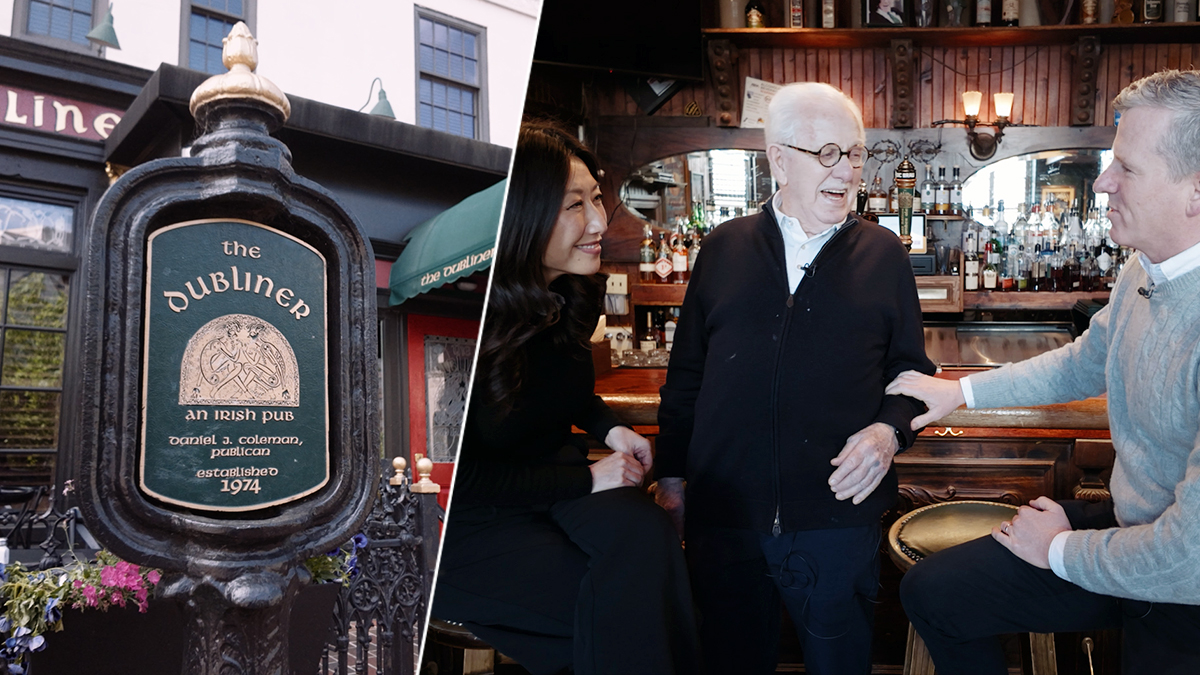A Northern Virginia woman is suing a company that she says refused to hire her after she requested two five-minute breaks to pray during her work shift.
Shahin Indorewala, 26, of Woodbridge says her job interview with Falls Church-based Fast Trak Management was going well until she asked if she could take the prayer breaks in exchange for a shorter lunch break to accommodate her practices as an observant Muslim.
She says in a lawsuit filed in federal court in Alexandria that the company CEO then mocked her religious headscarf and refused to hire her.
The CEO, Ramses Gavilondo, said in an interview that he didn't hire her because she "wanted to preach her religion." He said the Equal Employment Opportunity Commission investigated and found no wrongdoing.
"We ask people to keep religion to themselves," Gavilondo said. "I don't see the need for religious preaching in the 21st century."
Indorewala, for her part, says she did no preaching of any kind. She said she had a good first job interview, and a second job interview was also going well. A manager said workers receive a 90-minute lunch break; it was at that point she mentioned her need to pray five times a day as a Muslim, and asked whether she could take two five-minute breaks during the day in exchange for taking a shorter lunch break.
Indorewala said at a press conference Wednesday outside Fast Trak headquarters that her interview was immediately terminated. She tried speaking to Gavilondo and was taken aback by the hostile response she received, which she said included making fun of her hijab in front of the office.
Local
Washington, D.C., Maryland and Virginia local news, events and information
"Am I really being made fun of for my religion in public? ... I was pretty hurt, and pretty embarrassed," she said.
Zanah Ghalawanji, one of Indorewala's lawyers with the Council on American-Islamic Relations, said that the case represents a clear-cut example of religious discrimination and employers are required to make reasonable accommodations for sincerely held religious beliefs unless doing so would pose an unreasonable burden on the employer. She said that five-minute breaks twice a day in an office setting impose no such burden.



